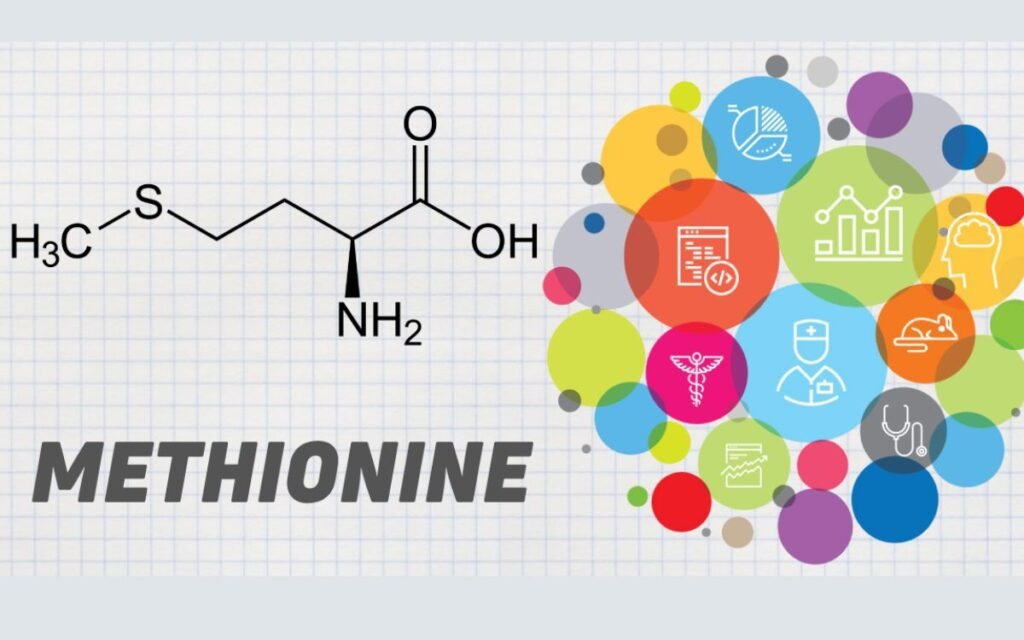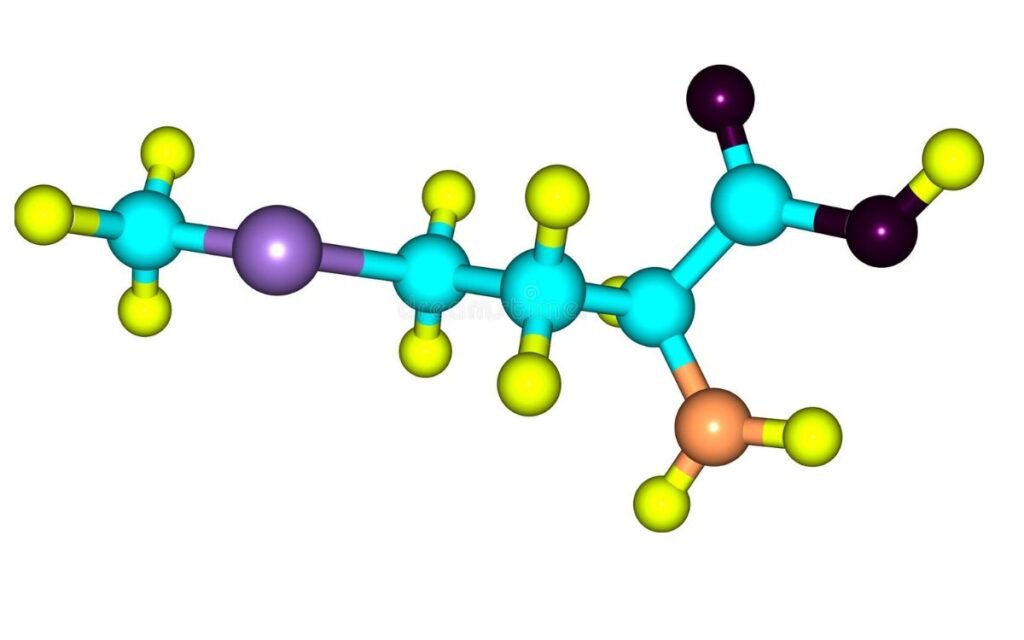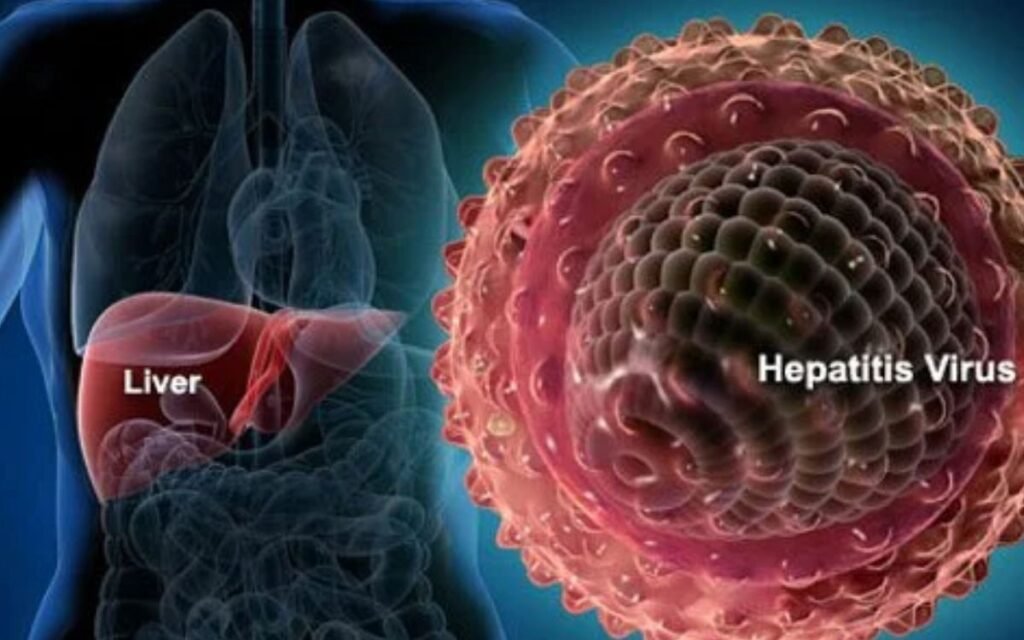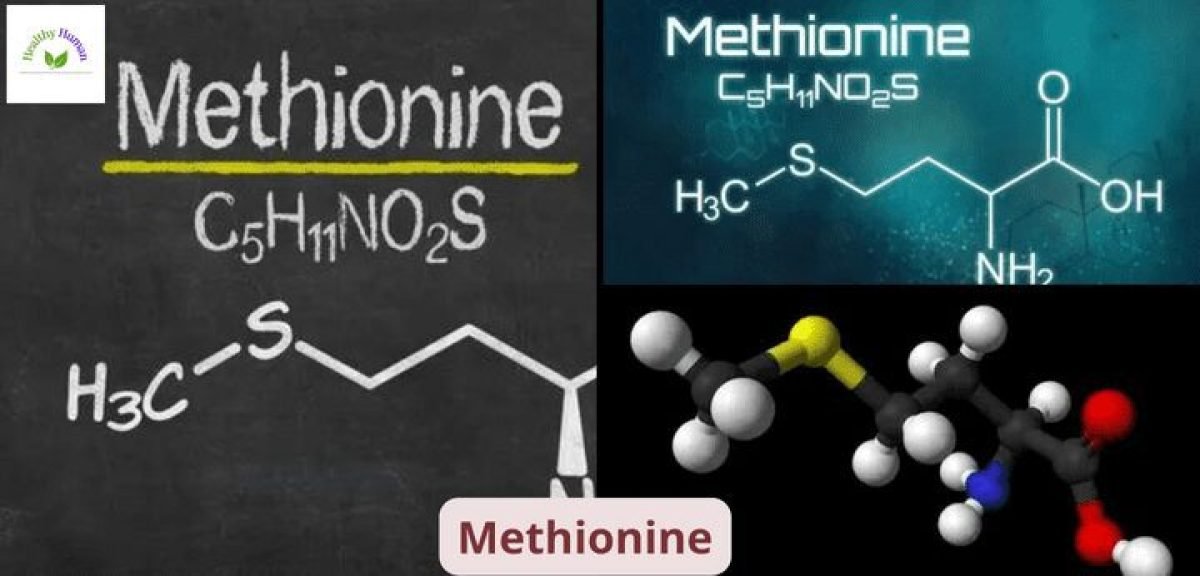Methionine is an amino acid that can be found in a wide variety of proteins, including those in meals and the tissues and organs of your body. It has several other distinctive qualities in addition to serving as a protein’s building block. Its capacity to transform into significant sulfur-containing compounds is one of these.
Sulfur-containing compounds serve a number of purposes, such as preserving the health of your cells, changing your DNA, and safeguarding the safety of your tissues. Amino acids with sulfur are essential to create these significant compounds. Only methionine and cysteine include sulfur among the amino acids utilized to build proteins in the body.
But methionine must come from your diet, your body can make cysteine on its own. Additionally, methionine is essential for the beginning of the process in which new proteins started to create within your cells, a process that is ongoing as older proteins degrade. For instance, this amino acid initiates the process of creating new proteins in your muscles following an intense workout session.
Benefits of methionine

The body contains the amino acid l-methionine, also call it as methionine, which utilized to create proteins and peptides. Meat, fish, dairy products, nuts, and cereals all contain methionine. It plays a crucial function in the development of new blood vessels. L-methionine supplementation has been demonstrated to aid in wound healing even though the body manufactures it naturally.
- Liver assistance
In order to prevent fat from building up inside of and around the liver, L-methionine may aid the liver in processing fat.
- Exercise assistance
L-methionine might help with brief, vigorous activity. It serves as a building block for creatine, which gives muscles quick chemical energy.
- Artery assistance
By assisting in keeping arteries free of fatty materials, it supports arteries. The arteries that nourish the brain and heart are notably giving help by this effect.
- Support for connective tissue
The creation of collagen, the main building block of connective tissue including skin and cartilage, depends on it. Collagen, is also found in substantial concentrations in bones, ligaments, and tendons.
Uses of Methionine
Methionine contains sulfur, which has a number of possible health advantages for the body. These may consist of:
- Nurturing the skin, hair, and nails
- Protect the cells against toxins
- Boosting the detoxification procedure
- Decreasing the aging process
- Facilitating the intake of more nutrients (such as selenium and zinc)
- Helping heavy metals to excrete (such as lead and mercury) assistance for the body’s excretion process
- Preventing the development of extra fat in the liver (by serving as a lipotropic drug, which speeds up the breakdown of fats)
- Raising the liver’s synthesis of lecithin to lower cholesterol levels
Functions of Methionine

Generate Molecules Important for Regular Cellular Function
Methionine’s ability to be utilized in the synthesis of other significant molecules is one of its main functions in the body. It plays a role in the synthesis of cysteine, another sulfur-containing amino acid. That is utilized in the body to create proteins.
Proteins, glutathione, and taurine are just a few of the compounds that can be produced from cysteine. Due to its crucial function in your body’s defenses, glutathione is sometimes call it as the “master antioxidant.” Additionally, it contributes to the body’s metabolism of nutrients and the synthesis of DNA and proteins. There are numerous ways that taurine keeps your cells healthy and performing properly.
S-adenosyl methionine, sometimes known as “SAM,” is one of the most significant compounds that methionine can be transformable. SAM takes involved in a variety of chemical reactions by transferring some of its constituent parts to other molecules, such as DNA and proteins. A crucial component for cellular energy, creatine, produced via SAM as well. Overall, because of the compounds that methionine can form, it is directly or indirectly engaged in numerous critical bodily functions.
It Contributes to DNA Methylation
The information in your DNA is what makes you who you are. While much of this data may remain constant throughout your life, environmental circumstances have the ability to alter certain components of your DNA.
One of methionine’s most intriguing functions is that it can change into a molecule called SAM. Your DNA can be altered by SAM by adding a methyl group—a carbon atom and the hydrogen atoms that are connected to it—to it.
There are numerous unsolved concerns regarding this. However, it is possible that the amount of methionine in your diet influences how much of this process takes place. The amount that your DNA changes as a result of SAM may rise or decrease if you consume more methionine in your diet.
Additionally, if these changes take place, they can have mixed results—beneficial in certain circumstances, and harmful in others. As an illustration, studies suggest that diets richer in foods that add methyl groups to your DNA may reduce your risk of colon cancer.
However, other studies have indicated that consuming more methionine may make disorders like schizophrenia worse by perhaps adding more methyl groups to DNA.
Animals with low methionine diets live longer.
Despite the fact that methionine plays a significant role in the body, some research points to the advantages of diets low in this amino acid. Methionine from food is necessary for some cancer cells to proliferate. In some situations, restricting your food may be helpful to starve cancer cells.
Some experts think that plant-based diets might be a weapon in the fight against some cancers since plant proteins are frequently lower in methionine than animal proteins. Additionally, a number of studies on animals demonstrate that lowering methionine can lengthen life and enhance health.
According to one study, mice fed a diet deficient in methionine lived almost 40% longer. Improved metabolism, stress resistance, and preservation of the capacity for cell division may all contribute to this longevity. Some studies came to the conclusion that mice age more slowly when there is less methionine present.
Although it is unclear at this time if these advantages apply to humans, certain test-tube experiments have suggested that human cells with low methionine concentration may have advantages. However, prior to drawing any conclusions, a human study is required.
Potential Side Effects of Methionine
Methionine may have a number of minor adverse effects, such as tiredness, irritability, nausea, and vomiting. In reality, taking its supplements has a link to a number of adverse effects, including nausea.
Precautions for Methionine

A condition or situation that suggests a certain method or medication shouldn’t be utilized is known as a contraindication. It should not be taken by those with:
- liver injury
- liver encephalopathy (a decrease in the function of the brain caused by liver damage)
- a severe liver condition (such as cirrhosis of the liver)
- Acidosis (an excessive acid condition of the body and its the acidity of the blood)
- breastfeeding and becoming pregnant (there are not enough reliable data to support the safety of methionine for developing embryos or breastfeeding infants).
- Hardening of the arteries, or atherosclerosis: Since it may raise homocysteine levels, which has a link to poor cardiovascular outcomes, the dietary supplement has also in link to an increased risk for heart disease.
- Large dosages of methionine (above 20 g per day for five days) have been in a report to make people with schizophrenia delirious, agitated, and confused.
- A lack of MTHFR, or methylenetetrahydrofolate reductase (a hereditary disease involving an abnormal method of processing of risk of heart disease)
How to Use Methionine
The Recommended Daily Allowance (RDA) for adults is 14 mg/Kg of body weight per day for methionine, which also contains the amino acid cysteine.
It’s crucial to speak with a healthcare professional before using methionine supplements to determine the dosage and duration. Results from clinical research studies indicate no severe toxicity, with the exception of very high methionine dosages. 8 According to reports, daily doses of 250 milligrams (mg), or roughly 25% of the usual amount of methionine, are safe.
Adults should take 2.5 grams of methionine every four hours to treat an overdose of acetaminophen (up to a total of 10 grams). It is crucial to seek emergency medical assistance rather than self-treating since a Tylenol overdose can be lethal.
Conclusion
Methionine is a special sulfur-containing amino acid that the body uses to create numerous compounds, including proteins. These include the chemical SAM, which is utilize to alter DNA and other molecules, and the antioxidant glutathione.
There are many foods that include protein, and animal proteins frequently have higher methionine levels than plant proteins. Although low-methionine diets have instructed to increase lifespan in animals, it is still unclear whether this has any significance for people.
Most people who follow a variety of diets consume the required amount of methionine, while certain elderly people might benefit from upping their intake. Large amounts usually have mild side effects, but exceptionally high levels above what would we find in a typical diet could be harmful.
You probably don’t need to expressly limit or increase your intake in your diet, according to the study, done on healthy persons.
Also read: Comfrey Plant: Benefits and Precautions




